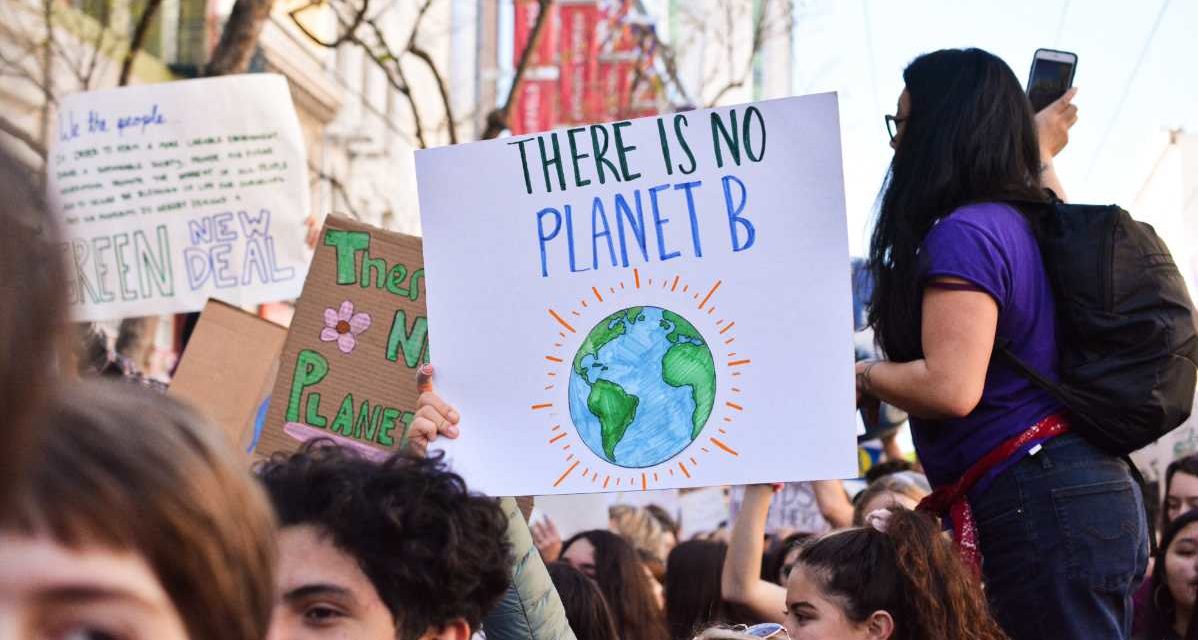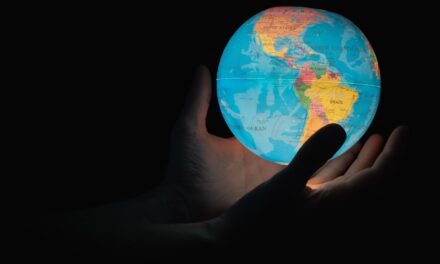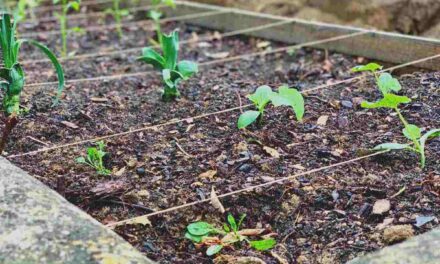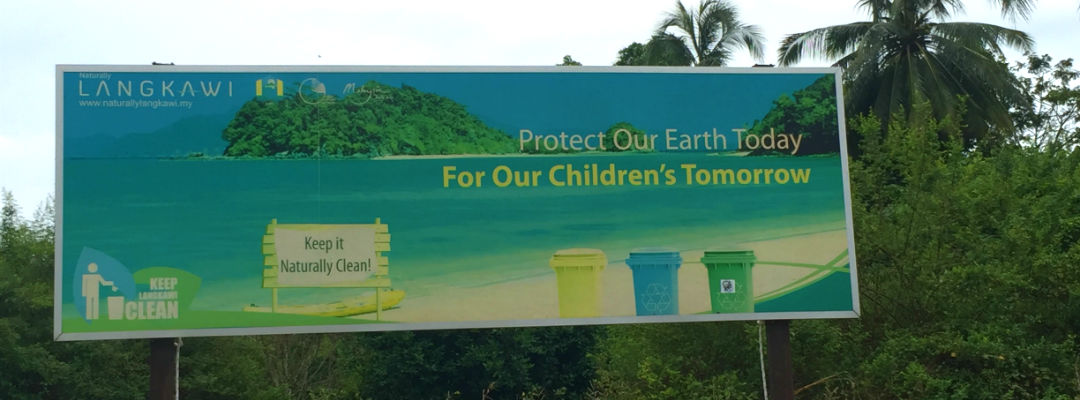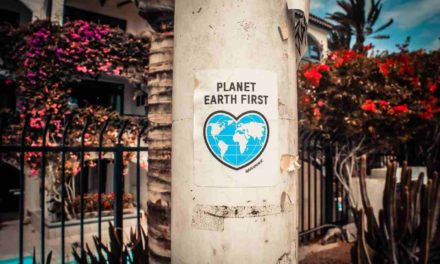A conscious choice of environmentally friendly products for everyday use is part of the solution of the environmental crisis.
With that in mind, I have put together a list of 10 environmentally friendly products to inspire you with some ideas.
Environmentally friendly products for everyday use
1 – Bamboo toothbrush
Most toothbrushes are made of plastic, which is the number one enemy of the oceans. Thousands of marine life is killed due to plastic pollution and toothbrushes are one of the most found items in beach cleanups!
Remember to turn off the tap while actually brushing your teeth!
Water will soon be a scare resource.
Almost 50 million pounds of plastic toothbrushes are thrown away every year… and plastic can take up to 1000 years to decompose, running the risk of contaminating the soil and water.
2 – Eco-friendly toothpaste
Most kinds of toothpaste contain plastic particles for abrasive purposes. These products are not beneficial to us or our teeth.
If you cannot find natural toothpaste make your own. Virgin coconut oil mixed with baking powder is all you need for proper dental hygiene.
3 – Bamboo cotton swabs
The most common ear swabs (or earbuds, for the English reader) are made of synthetic material and plastic. Knowing that these materials are not good for us or the environment, the best option is bamboo and cotton swabs, preferably with organic cotton tips.
4 – Bamboo Hairbrush
For the same reason that plastic/synthetic ear swabs must be avoided, so do any hairbrushes, made of plastic, synthetic or metal products.
I have been using a bamboo hairbrush for years. No doubt it is the best option for the environment and the best experience for your scalp!
5 – Shampoo Bar
In most bottled shampoos, besides the environmentally unfriendly plastic container, there are many toxic ingredients that should be avoided.
Check this “short” list of 15 Most Common Harmful Ingredients in Your Shampoo.
One of my favourite eco-conscious transitions was from bottled shampoo to solid shampoo bar.
Though I was initially sceptical about the efficiency of this alternative, I was convinced after the first hair wash. Give it a try.
6 – Hair conditioner bar
Hair conditioner bars are just as efficient as the shampoo bars. Not to mention that the environment will be grateful if you go for this option rather than the plastic bottle version.
However, if you prefer a homemade option, a 100% natural masque of extra virgin coconut oil, olive oil, avocado or oats will also do the job.
7 – Soap bar
Good old soap is back!
I still remember how cool it was, all those years ago, to transition from a dull bar of soap into a fancy shower gel. Then came all the different fragrances with all kinds of attractive labels… all in plastic containers.
Fast forward a couple of decades, and here we are going back to the good old harmless soap. Though we need to choose an eco-friendly version, it can never be as bad as a shower gel in a plastic recipient.
8 – Eco-friendly water botles
Plastic bottles are amongst the top ocean pollutants and should be our priority when it comes to changing habits.
Avoid at all costs buying plastic water bottles. There are various refillable alternatives out there, ranging from stainless steel, glass and silicone.
Our most common practice is to boil tap water and put it in an, oftentimes, up-cycled glass bottle.
9 – Water filter
I don’t want to be repetitive (actually, in case I do!), but plastic bottles are really bad, especially for the oceans.
Luckily, today we are witnessing a change in behaviour in water consumption on the go. There are more and more places where we can refill eco-friendly water bottles.
However, when we are at home, drinking tap water may not be the best solution. This is why it is important to use a water filter to keep our drinking water harm-free and environmentally friendly.
10 – Biodegradable trash bags
Last, but not least in my list of suggestions of environmentally friendly products for everyday use, are compostable trash bags.
Instead of using traditional non-degradable trash bags, choose instead the biodegradable ones. Many supermarkets carry them nowadays.
Just be careful not to leave them with organic waste for too long because the bottom may dissolve. After all, they are organic!
Needless to say, all other types of household waste that are not organic should be recycled in the correct containers.
If you enjoyed this post please like it, share it on your social media and forward it to your friends (icons below).
Remember to check out our travel resources when planning your next trip.
Let me know in the comments below which everyday environmentally friendly products you normally use on a daily basis.
Visit THE BLISS SHOP for more inspiration.
May The Bliss be with You!

